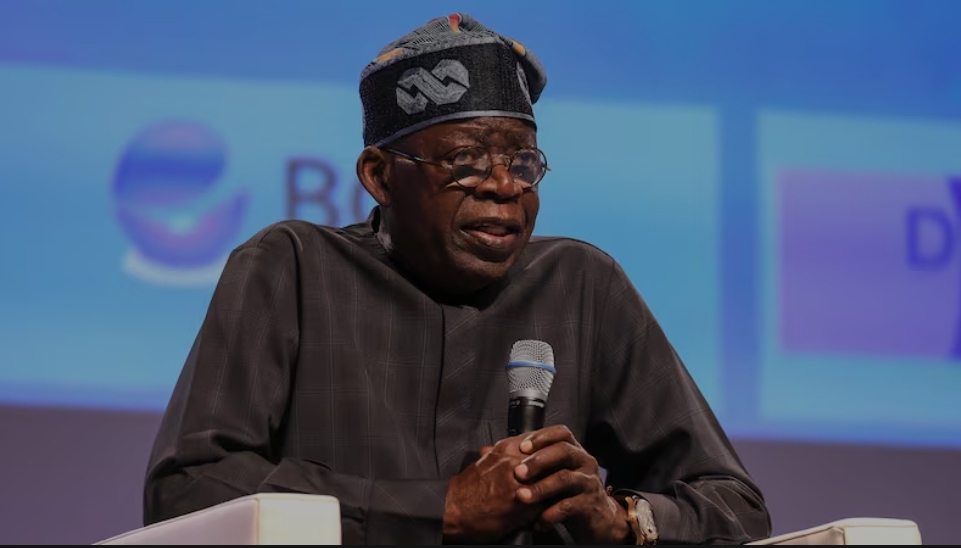Bloomberg

Nigerian President Bola Tinubu announced an overhaul of his cabinet, relieving five ministers of their positions in the first such shakeup since he took office in May 2023.
Tinubu dropped the minister of women affairs, tourism, education, housing and urban development, as well as the minister of youth development, the presidency said in a statement on Wednesday.
Finance Minister Wale Edun and Minister of Budget and Economic Planning Abubakar Atiku Bagudu, as well as Minister of Power Adebayo Adelabu were not affected by the changes.
Tinubu also announced the appointment of seven new ministers to replace those sacked, including a new minister for trade and investment and a newly created minister of livestock development. Other changes include the scraping of the Ministry of Niger Delta Development and merging of others. Tinubu said the changes were to “re-invigorate the administration’s capacity for optimal efficiency” in a bid to deliver his promises to Nigerians.
The president has implemented sweeping reforms since taking office, including allowing the naira to trade more freely and cutting fuel and electricity subsidies. While the measures were seen as necessary to rein in runaway government debt and lure foreign investment, they’ve also stoked inflation and hurt ordinary Nigerians, many of whom live in extreme poverty.
Food inflation has been compounded by insecurity in northern Nigeria, the country’s main bread basket. Insurgents have displaced more than 200,000 farmers, who are afraid to cultivate their fields, according to the International Crisis Group.
Protesters frustrated by the high cost of living have repeatedly taken to the streets this year, demanding that the government do more to help the vulnerable.
Nigeria is Africa’s largest oil producer and crude sales fund most of the nation’s budget. But the country has failed to meet its OPEC+ quota for more than two years due to a lack of investment and widespread theft and vandalism in the oil-rich Niger Delta.
